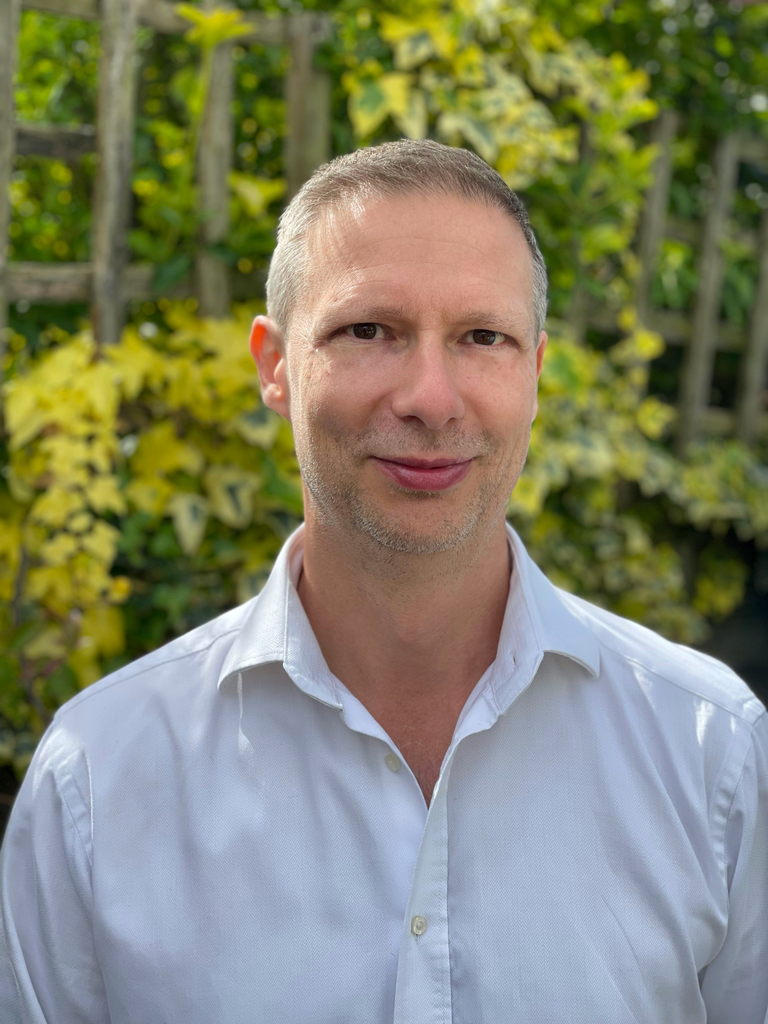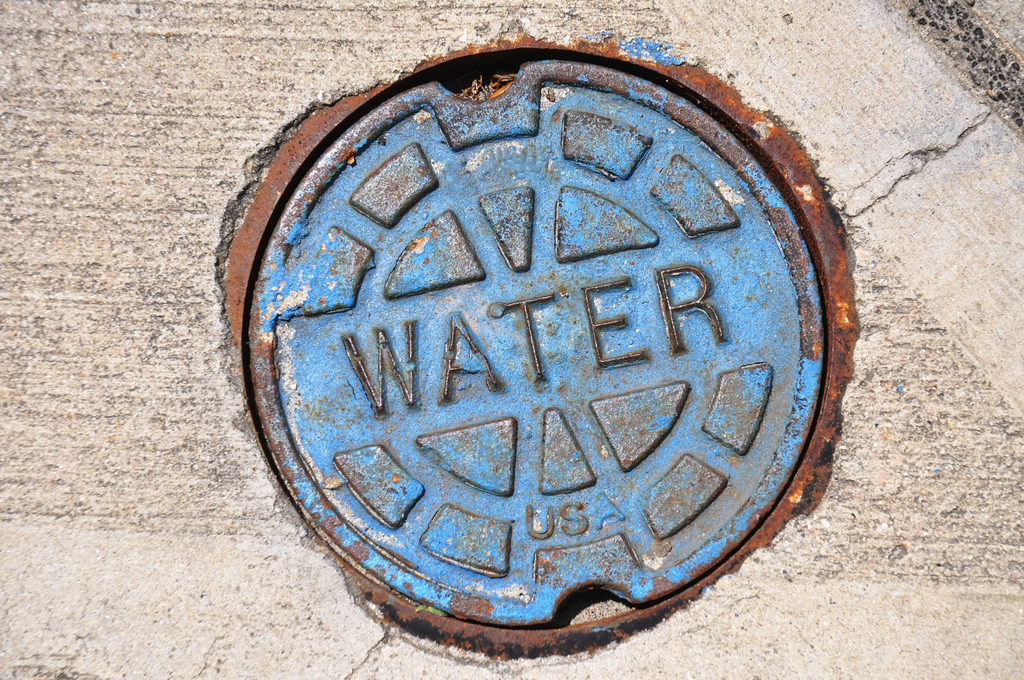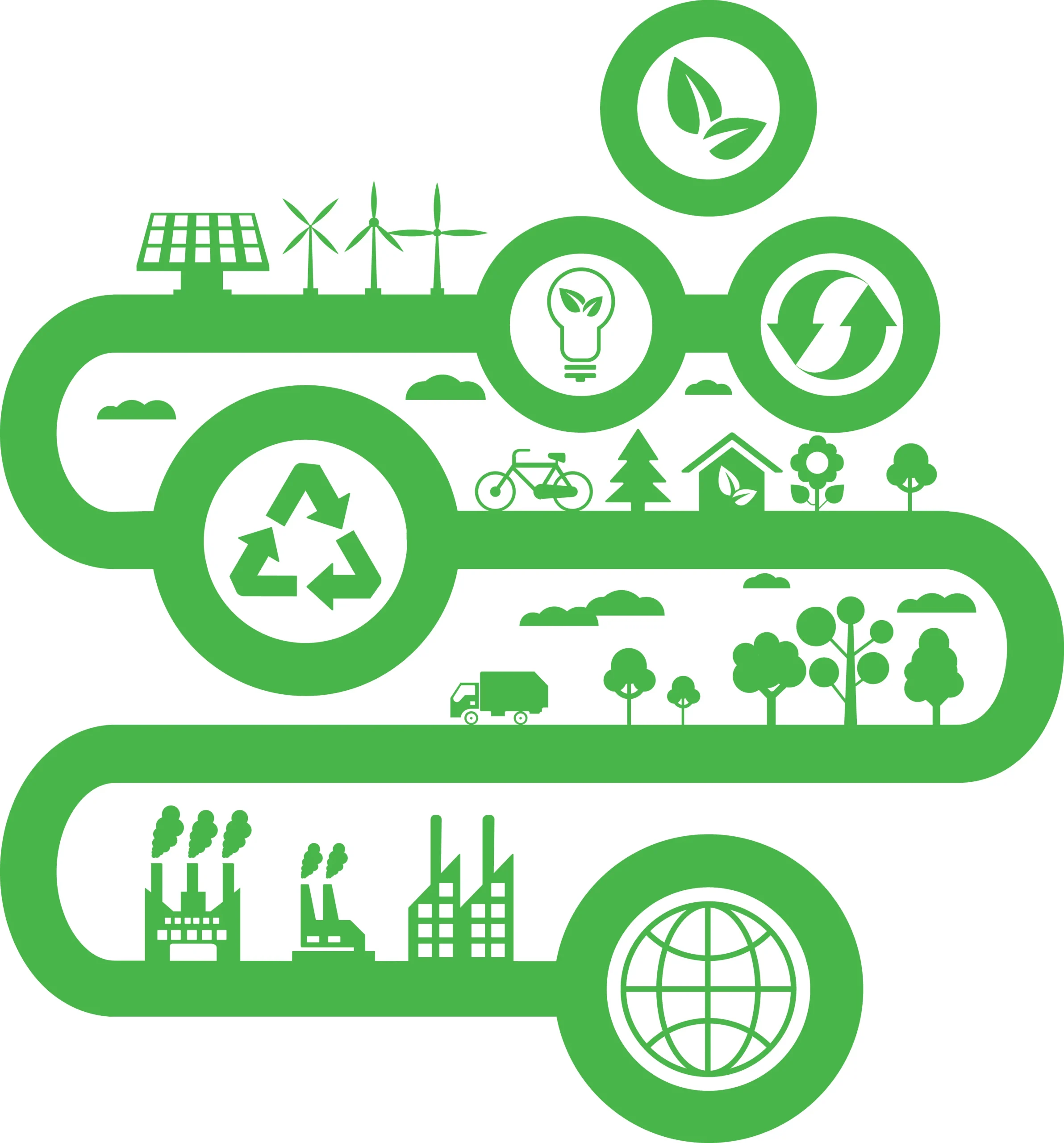Home
Message from the Director
The Public Banking Project is a first-of-its-kind initiative, created with the intention of excavating the exciting world of public banks. Why? Because there is no pathway to global green and just transitions that will not pass through public banks. But for whose benefit? We are a collective of researchers from around the world committed to advancing pro-public alternatives. Public banks can have a catalytic effect on sustainable and inclusive futures, but only if society holds these powerful public financial institutions accountable.

What are Public Banks?
Public banks are financial institutions that are located within the public spheres of states. Public banks are located in public spheres through ownership of a government, public authority, or other public enterprise; through legally binding public interest mandates and public law; or through any combination of these factors.
There are two main types of public banks: commercial/retail and development banks. The Alberta Treasury Branch in Canada and the Caixa Econômica Federal in Brasil are examples of a public retail banks, meaning they take personal deposits, offer credit cards, provide mortgages, and so on. The Bank of North Dakota in the USA and the KfW in Germany are examples of public development banks, meaning they do not deal in personal finances but instead focus on larger and longer-term projects for communities, organizations, business and industry, and governments.
Public banks are anything but niche. There are more than 900 worldwide that together hold over $55 trillion in assets (an amount ten percent greater than the GDPs of Germany, the USA, and China combined).
Public banks can function as mandated ‘policy-maximizers’ but not all public banks deliver policy objectives well and function accountably in the public interest. More needs to be known and done about how we can best tap public banks’ financial potential and expertise to confront shared challenges in equitable, inclusive, and sustainable ways.







